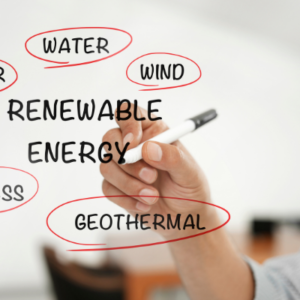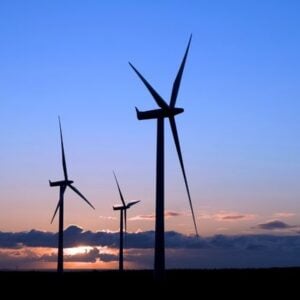Seventeen African governments have committed to reforms and actionable plans to expand electricity access as part of Mission 300, a partnership led by the World Bank Group and the African Development Bank Group aiming to connect 300 million Africans to electricity by 2030. The pledges were made at the Bloomberg Philanthropies Global Forum, where national Energy Compacts—practical blueprints guiding public spending, reforms, and private investment—were endorsed by countries including Benin, Botswana, Burundi, Cameroon, Comoros, the Republic of the Congo, Ethiopia, Gambia, Ghana, Guinea, Kenya, Lesotho, Mozambique, Namibia, São Tomé and Principe, Sierra Leone, and Togo.
World Bank Group President Ajay Banga emphasized that electricity is the foundation for jobs, opportunity, and economic growth, noting that Mission 300 goes beyond targets to implement enduring reforms that lower costs, strengthen utilities, and attract private investment. Since the program’s launch, 30 million people have already gained access to electricity, with more than 100 million connections planned. African Development Bank Group President Dr. Sidi Ould Tah highlighted that reliable power is a catalyst for small and medium enterprises, agro-processing, digital work, and industrial growth, empowering young entrepreneurs and communities alike.
National Energy Compacts form the core of Mission 300, tailored to each country’s context with technical support from development partners. They integrate three main tracks: infrastructure, financing, and policy. Earlier in the year, other countries including Chad, Côte d’Ivoire, Democratic Republic of Congo, Liberia, Madagascar, Malawi, Mauritania, Niger, Nigeria, Senegal, Tanzania, and Zambia endorsed Energy Compacts, pledging over 400 policy actions to strengthen utilities, reduce investor risk, and remove bottlenecks.
The World Bank Group and the African Development Bank Group are working with partners such as the Rockefeller Foundation, the Global Energy Alliance for People and Planet (GEAPP), Sustainable Energy for All (SEforALL), and the Energy Sector Management Assistance Program (ESMAP) trust fund to align efforts in support of electrifying Africa. Additional development partners and finance institutions are providing co-financing and technical assistance for Mission 300 projects.
Heads of state and government from the participating countries emphasized the importance of universal, reliable, and affordable energy access for economic growth, social development, and industrialization. Leaders highlighted renewable energy, private sector engagement, sector reforms, and regional cooperation as essential strategies to achieve the 2030 electrification goals. Countries underscored that Mission 300 represents a transformative opportunity to empower communities, expand green industrialization, improve energy infrastructure, and mobilize private investment, while ensuring sustainable and inclusive energy access for all.







